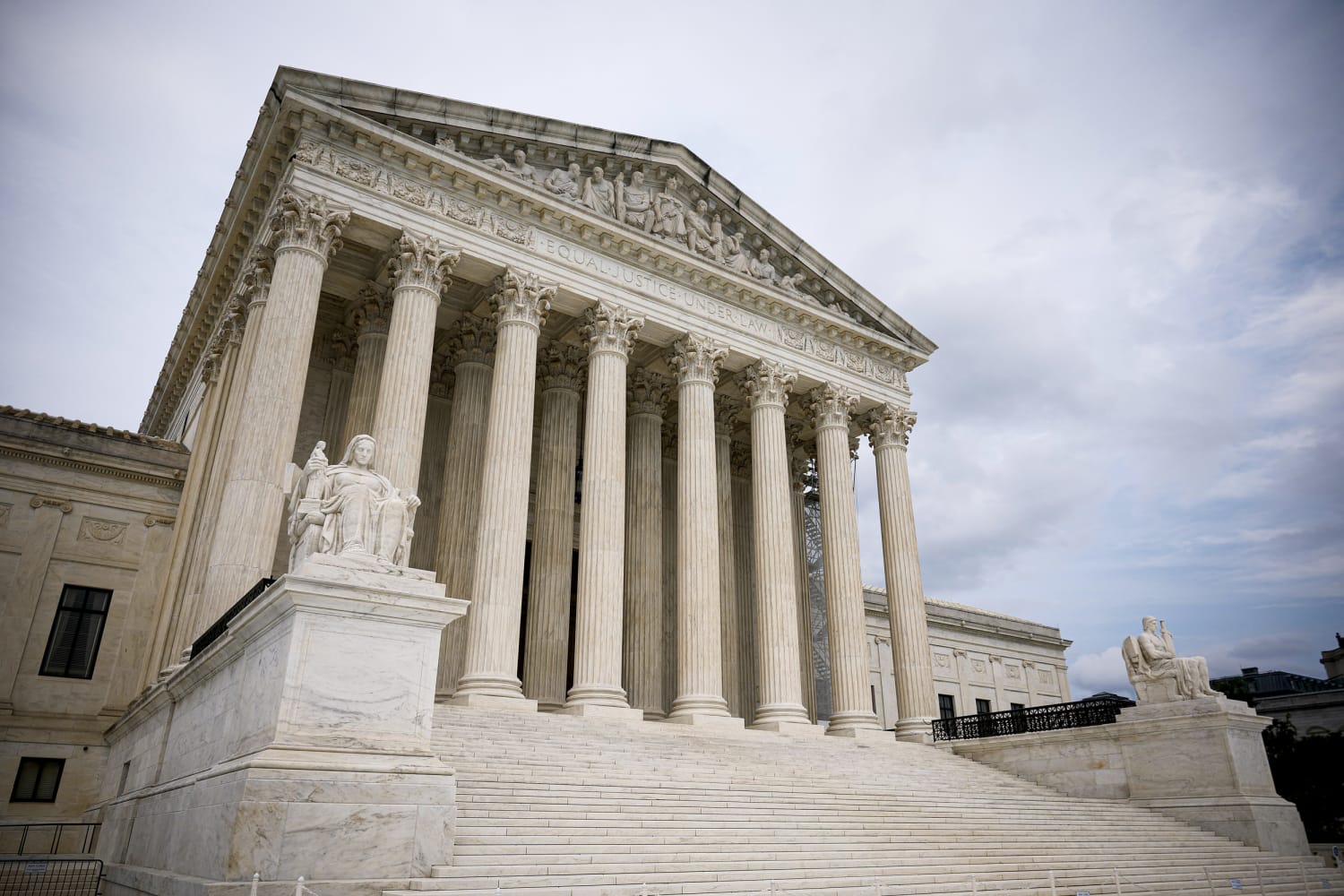Supreme Court to Review Constitutionality of FCC’s Universal Service Fund

The U.S. Supreme Court has agreed to hear a case challenging the constitutionality of the Federal Communications Commission’s (FCC) Universal Service Fund (USF), a program that collects approximately $8 billion annually to subsidize telecommunications services in underserved areas. The case, Federal Communications Commission v. Consumers’ Research, centers on whether Congress improperly delegated its legislative authority to the FCC, and whether the FCC further delegated its authority to a private entity, potentially violating the nondelegation doctrine.
Background of the Universal Service Fund
Established under the Telecommunications Act of 1996, the USF aims to ensure that all Americans have access to essential telecommunications services. The fund supports programs for low-income consumers, rural healthcare providers, schools, and libraries. Telecommunications providers contribute to the fund, with costs often passed on to consumers.
The Legal Challenge
The conservative advocacy group Consumers’ Research initiated the challenge, arguing that Congress unlawfully delegated its revenue-raising powers to the FCC without clear and meaningful limitations. They contend that the FCC’s authority to determine contribution amounts and its delegation of administrative responsibilities to the Universal Service Administrative Company (USAC), a private entity, violate the nondelegation doctrine.
Nondelegation Doctrine at Issue
The nondelegation doctrine prohibits Congress from transferring its legislative powers to another branch of government without clear guidelines. The Supreme Court has not relied on this doctrine in nearly a century, but its revival could significantly impact the structure of federal regulatory agencies and their authority.
Implications of the Case
A ruling against the FCC could disrupt funding for programs that provide essential telecommunications services to underserved populations. It may also lead to increased scrutiny of other federal programs where Congress has delegated authority to agencies, potentially reshaping the landscape of administrative law.
Next Steps
The Supreme Court is expected to hear oral arguments in March or April 2025, with a decision anticipated by late June or early July. The outcome will be closely watched by policymakers, telecommunications providers, and consumers, given its potential to affect the accessibility and affordability of communication services nationwide.

Related Items:





